I tried to run this code but it shows time limit exceeded in few cases, how can i shorten the time?
I need to understand what I have used in my program for which time is taking much, like some functions etc.. I understand by improving the iteration and complexity i can reduce execution time but its not helping much.please help
The program is simple, I take point a and point b and calculate the numbers of all the palindrome numbers.
#include<stdio.h>
int ifpalin(int g)
{
int rev=0;
int tmp=g;
while(tmp>0)
{
rev=rev*10+(tmp%10);
tmp=tmp/10;
}
if(rev==g)
return 1;
else
return 0;
}
int findpalin(int a1,int b1)
{
int sm=0;
for(int i=a1;i<=b1;i++)
{
if (ifpalin(i)==1)
sm++;
}
printf("%d",sm);
printf("\n");
return 0;
}
int main()
{
int a,b,n;
scanf("%d",&n);
for(int i=0;i<n;i++)
{
scanf("%d",&a);
scanf("%d",&b);
findpalin(a,b);
}
return 0;
}
